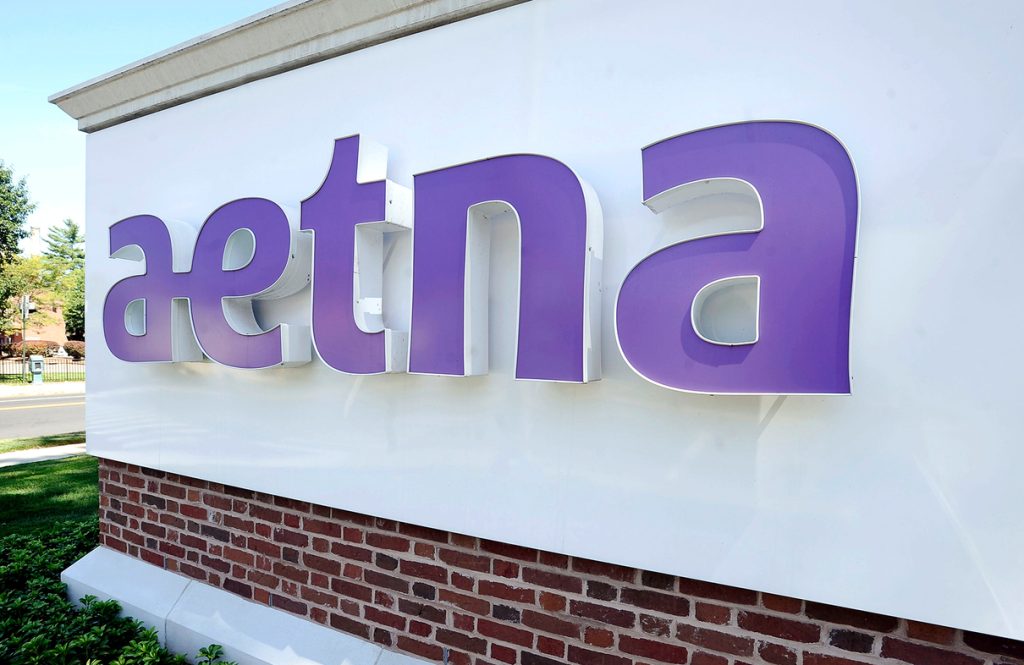Aetna Settles Lawsuit, Expands Fertility Coverage for LGBTQ+.
A federal judge has approved a significant class action settlement this week involving Aetna and same-sex couples in New York who claimed that the insurance giant discriminated against them and other LGBTQ individuals in their pursuit of fertility treatments. In October, Aetna, a subsidiary of CVS Health Corp., reached an agreement with the couples to initiate coverage for artificial insemination for all its customers nationwide and to work towards ensuring equal access to expensive in-vitro fertilization procedures.
The judge's approval of the settlement represents a historic moment, allowing LGBTQ couples who were previously denied fertility coverage in the United States to seek reimbursement. Emma Goidel and her partner, Ilana Caplan, initiated legal action against Aetna in 2021 after the insurer rejected multiple requests for coverage of their fertility treatments.
The couple, represented by the National Women’s Law Center, reported spending over $50,000 out of pocket to conceive their second child. “LGBTQ+ individuals have the same right to become parents as anyone else,” Goidel stated. “I hope that as people begin to apply for compensation, those in the queer community who have faced obstacles in their journey to parenthood will feel a sense of solidarity.” Aetna chose not to comment on the matter. A representative from CVS Health Corp. previously expressed satisfaction with the resolution of the case and reaffirmed the company's commitment to providing quality care to all individuals, irrespective of their sexual orientation or gender identity.
Thirteen states mandate that insurers provide coverage for fertility treatments for same-sex couples who are unable to conceive naturally, as reported by RESOLVE, a national organization focused on infertility. However, this legislation does not apply to companies with self-funded insurance plans, where employers are responsible for directly covering employee claims.
Allison Tanner, an attorney with the National Women’s Law Center, expressed, “It can be quite uncomfortable to discuss with your employer or HR department the benefits available, particularly when those benefits pertain to starting a family.” Similar legal actions have been initiated against other major insurance providers, such as UnitedHealthcare and Blue Cross Blue Shield. These companies have not yet responded to inquiries regarding Aetna’s settlement. The approval of Aetna's settlement represents a significant victory for LGBTQ couples seeking equal access to fertility treatments.
By expanding coverage for artificial insemination and working towards more inclusive IVF policies, Aetna is taking a critical step toward addressing healthcare disparities. This case highlights the ongoing challenges faced by same-sex couples in accessing reproductive care and sets a precedent for other insurers to follow. As the legal landscape evolves, this settlement underscores the importance of ensuring that all individuals, regardless of sexual orientation or gender identity, can build their families without facing discrimination or financial hardship.





















